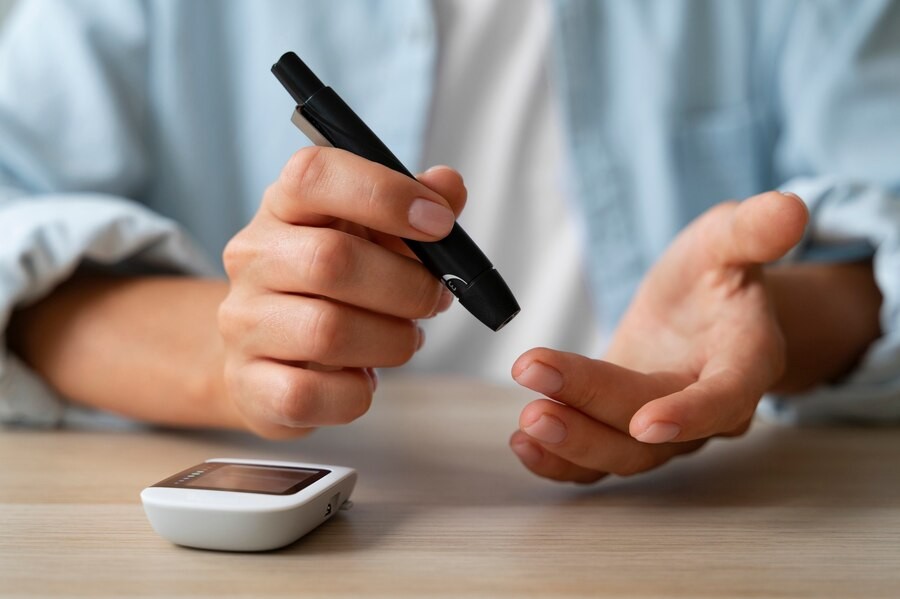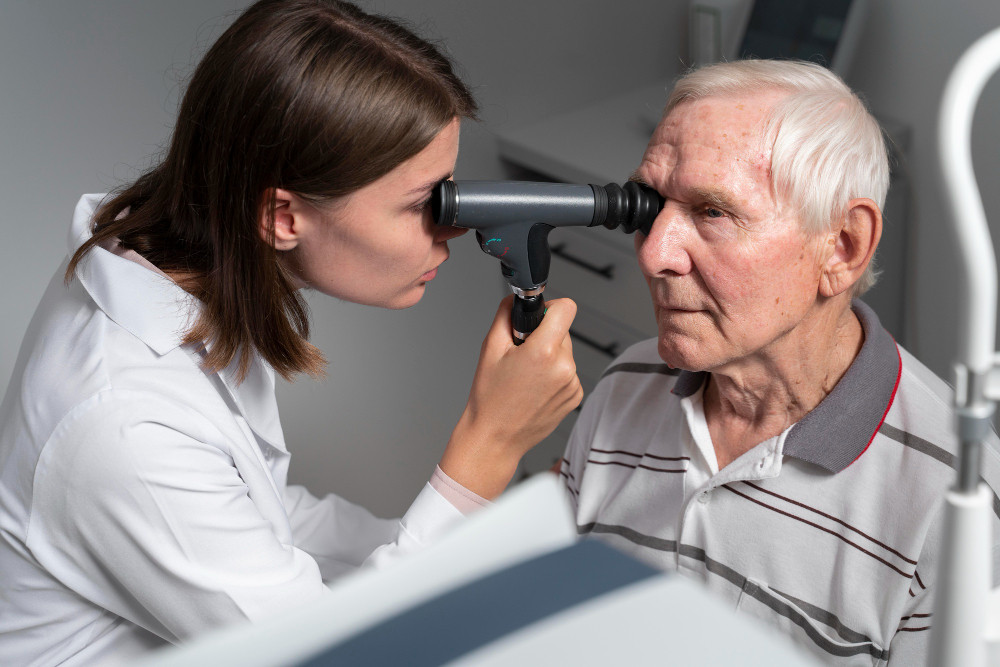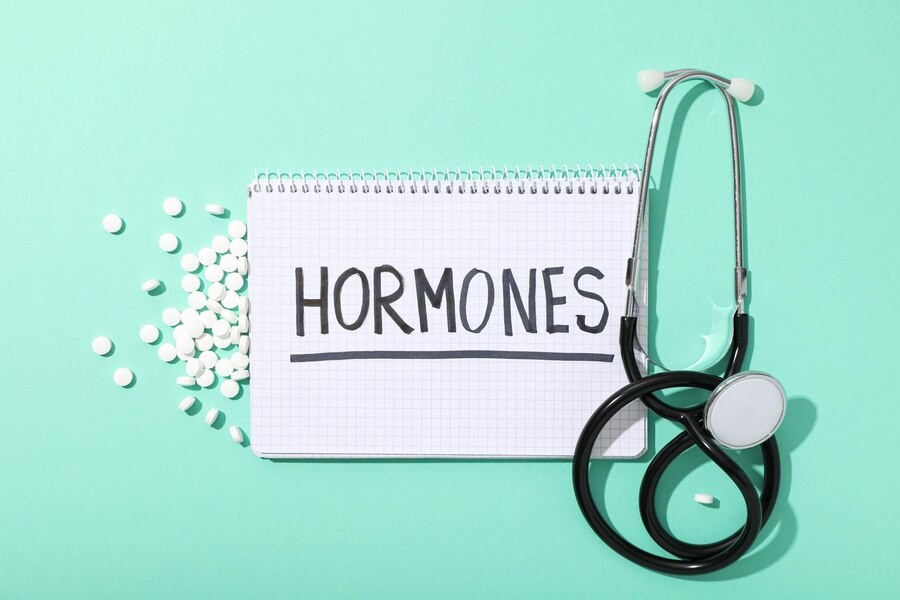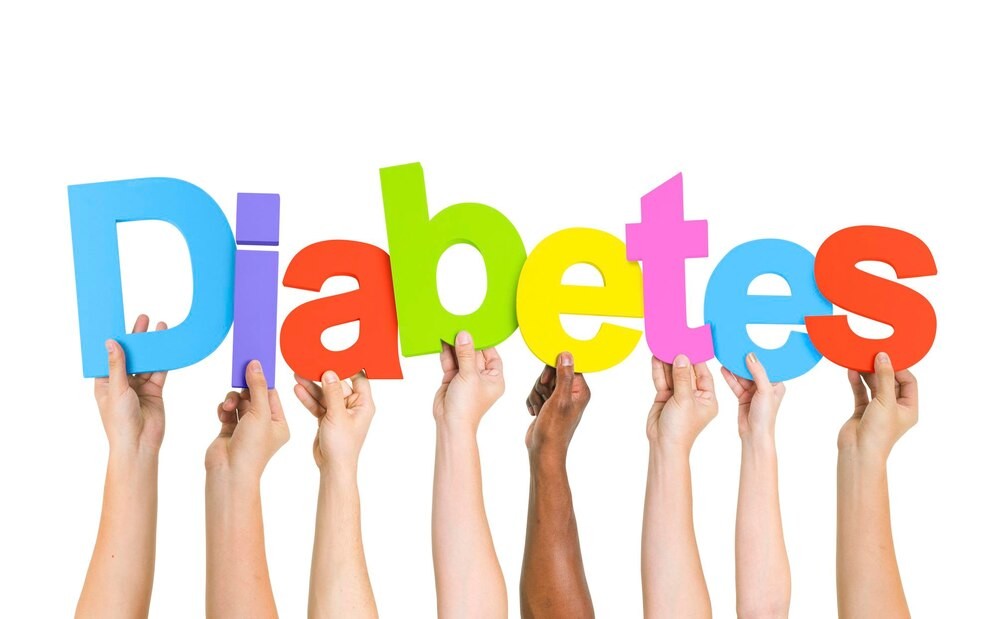Diabetes patients may experience a variety of symptoms, including itching, dry skin, and changes in the menstrual cycle. Women with diabetes may experience longer, shorter, or no menstrual cycles at all.
The relationship between diabetes and menstrual cycle
Diabetes is defined as fasting blood sugar levels of more than 126 mg/dL or blood sugar levels of more than 200 mg/dL. This condition can affect the body's hormonal system, resulting in changes in the menstrual cycle.
Diabetes and the menstrual cycle can affect each other, specifically:
- Menstruation triggers an increase in blood sugar levels
Diabetics are encouraged to regularly monitor their blood sugar levels. When menstruation approaches, people with diabetes typically experience an increase in blood sugar levels due to hormonal fluctuations.
During ovulation, the hormone progesterone rises, and this condition is frequently associated with high blood sugar or insulin resistance. This condition is known as luteal phase insulin resistance, and it affects many people with type 1 diabetes.
Luteal-phase insulin resistance can cause hyperglycemia, in which a person's blood sugar levels rise too high. A rise in progesterone is frequently associated with an increase in appetite, particularly for foods containing simple carbohydrates, which can cause an increase in blood sugar levels.
If you have an increased appetite before menstruation, avoid foods that can cause a blood sugar spike.
- Risk of anovulation
Anovulation is when the body does not ovulate or release eggs.
This condition occurs when the ovaries do not release mature eggs that are ready for fertilization. If this happens, a person will not have menstruation.
People who have type 2 diabetes are more likely to develop this condition. Although people with diabetes are more likely to experience anovulation, not all women with type 2 diabetes will develop this condition.
- Irregular menstruation
According to Medical News Today, a study found a suspected link between irregular menstrual cycles and the risk of developing type 2 diabetes. Hormonal imbalances can cause irregular menstrual periods. People who have long and irregular periods may have an increase in insulin, known as hyperinsulinemia.
This can set off a chain reaction of events that worsens insulin resistance, in which the body is unable to effectively control blood glucose levels with insulin.
- Diabetes and PCOS
PCOS is a condition caused by hormonal imbalance. Women with PCOS have higher levels of androgen hormones, which can prevent ovulation.
According to the CDC, people with PCOS are more likely to have insulin resistance, which increases their risk of developing type 2 diabetes. This risk increases if they are overweight or obese.
The CDC also revealed that the majority of people with PCOS are at risk of developing type 2 diabetes by the age of 40. To reduce this risk, people with PCOS should aim to maintain an ideal body weight.
People with type 1 or type 2 diabetes are more likely to experience menstrual cycle changes. If you have diabetes and notice changes in your menstrual cycle, you should contact your doctor, especially if you have trouble regulating blood sugar levels during menstruation.
If you have any health-related questions, you should consult a doctor. If you need medical advice or consultation, you can either visit a doctor or make use of the consultation features that are available in the Ai Care application by downloading the Ai Care application from the App Store or Play Store.
Looking for more information about other diseases? Click here!
- dr Nadia Opmalina
Sissons, B. (2021). How does diabetes affect the menstrual cycle?. Available from: https://www.medicalnewstoday.com/articles/does-diabetes-affect-period
Diabetes, Periods, and Type 1 Diabetes. Available from: https://www.diabetes.org.uk/guide-to-diabetes/your-child-and-diabetes/periods
Chischolm, A. (2023). 5 Things Women Need to Know About Diabetes and Their Period. Available from: https://www.verywellhealth.com/diabetes-and-womens-menstrual-cycles-4067212
Vieira, G. (2023). Can Your Period Affect Blood Sugar Management. Available from: https://www.healthcentral.com/condition/type-1-diabetes/how-improve-blood-sugar-control-during-your-period












